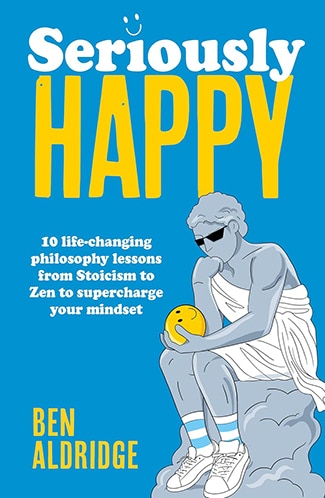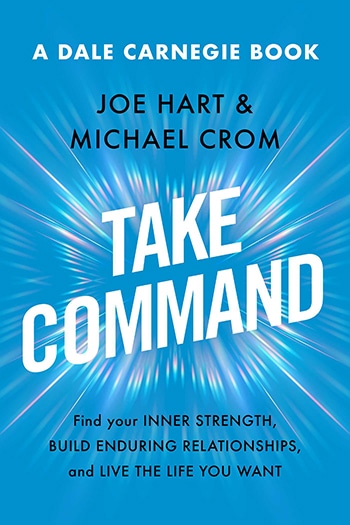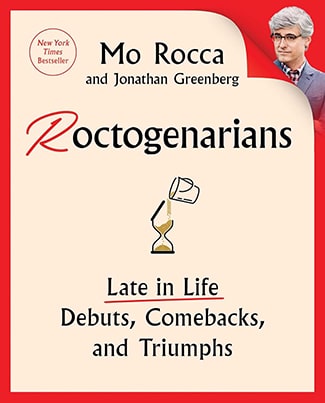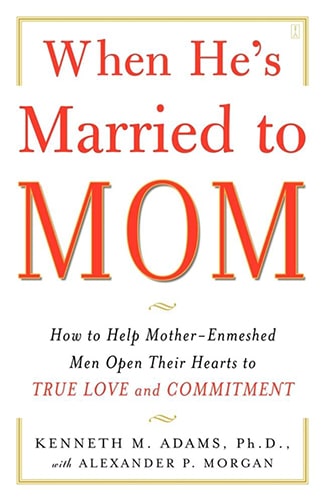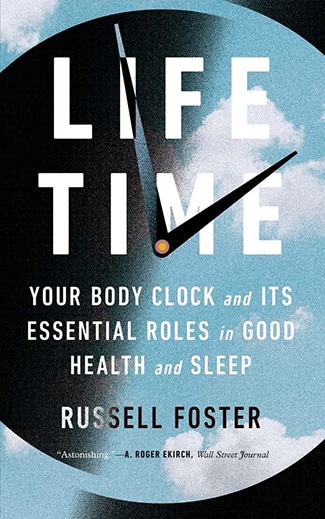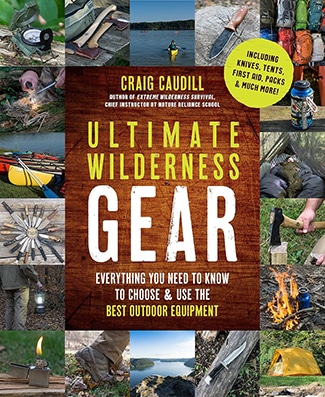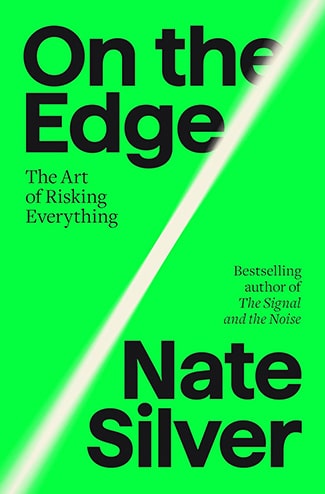Podcast Summary
Ancient philosophies and religions: Ancient philosophies and religions, such as Buddhism, Cynicism, Taoism, Stoicism, Epicureanism, and Aristotelianism, aim to help individuals live virtuous, peaceful, and flourishing lives through practical exercises. Buddhism, in particular, emphasizes understanding the mind to alleviate suffering and achieve eudaimonia, a state of flourishing different from modern happiness.
Ancient philosophies and religions, including Buddhism, Cynicism, Taoism, Stoicism, Epicureanism, and Aristotelianism, all share the goal of helping individuals live virtuous, peaceful, and flourishing lives. Ben Aldrich, in his new book "Seriously Happy," explains how anyone can apply these ancient wisdoms to modern life through practical exercises. The ancient Greeks called this state of flourishing "eudaimonia," which is different from modern happiness, as it's not based on external conditions or fleeting emotions. Instead, it's about building character and learning to thrive irrespective of circumstances. One philosophy explored in the book is Buddhism, which emphasizes the importance of understanding the mind and its role in causing suffering. The four noble truths, a foundational concept in Buddhism, acknowledge that life is suffering, our minds are the cause, suffering can be changed, and there's a method for doing so. Practical applications of these ideas, such as meditation and living in alignment with moderation, can help individuals develop clear thinking and ultimately achieve eudaimonia.
Zen Buddhism, meditation and mindfulness: Meditation and mindfulness are essential practices in Zen Buddhism for achieving enlightenment, reducing suffering, and understanding reality. Various forms of meditation, such as sitting still or moving, help control the mind and focus on the present moment.
Key takeaway from the discussion on Zen Buddhism is the importance of meditation and mindfulness in achieving enlightenment. Zen, a Japanese form of Buddhism, emphasizes minimalism and the connection to deeper meanings. Meditation comes in various forms, including sitting still focusing on breath or moving meditation like walking around a room while staying focused on the present moment. The practice of meditation helps control the mind, reduce suffering, and understand the nature of reality. Another concept inspired by Zen is the 433 project, where one listens to silence for four minutes and 33 seconds, encouraging meditation and mindfulness through sound. The idea of impermanence, another useful tool from Buddhism, reminds us that everything is constantly changing, helping us focus on the other side of difficulty and find peace during tough times.
Impermanence, Embracing: Embracing impermanence brings inner peace and resilience. Practicing sitting with boredom and thoughts helps cultivate this mindset, as seen in ancient Cynicism philosophy.
Impermanence is a fundamental aspect of life, and embracing it can bring about inner peace and resilience. Whether we're going through difficult experiences or enjoying beautiful moments, remembering that everything is temporary can help us navigate life's ups and downs. One practical way to cultivate this mindset is by intentionally facing boredom and sitting with our thoughts. This ancient practice, which can be seen in modern trends like "raw dogging" on long flights, allows us to train our minds and build resilience. The ancient Greek philosophy of Cynicism, with its emphasis on freedom of speech, endurance, and self-sufficiency, also offers valuable insights into embracing impermanence and living a resilient, independent life.
Ancient philosophies for personal growth: Challenge societal norms, embrace discomfort, and connect with nature for personal growth, inspired by ancient philosophies like Cynicism and Taoism.
We can learn from the ancient philosophers, such as the cynics, to challenge conventions and push ourselves out of our comfort zones for personal growth. The cynics, known for their provocative behavior, inspired modern practices like the "banana walk" to help individuals confront their internal dialogue and build resilience. Taoism, an ancient Chinese philosophy, also emphasizes the importance of connecting with nature and observing its natural laws to live a good life and cultivate well-being through practices like Tai Chi and Qi Gong. Overall, these philosophies encourage us to embrace discomfort, question societal norms, and build a deeper relationship with the natural world for a more fulfilling life.
Wu Wei and Stoicism: Embracing Wu Wei from Taoism and Stoicism can lead to a more intuitive, effortless, and fulfilling way of living through going with the flow, trusting intuition, building resilience, and living in accordance with virtue.
Embracing the concepts of Wu Wei from Taoism and Stoicism can lead to a more intuitive, effortless, and fulfilling way of living. Wu Wei, or effortless action, encourages going with the flow and trusting intuition, while Stoicism focuses on building resilience and living in accordance with virtue. Practicing these philosophies can involve going on spontaneous adventures, spending time in nature, and stepping outside of comfort zones. By incorporating these ideas into daily life, individuals can enhance their ability to navigate obstacles, make decisions intuitively, and find greater happiness and fulfillment.
Sympathy and Stoicism: Practicing sympathy and adopting a stoic mindset can bring people closer, improve social lives, and help build resilience in uncomfortable situations
Practicing sympathy and adopting a stoic mindset can help improve our social lives and make the world a better place. Sympathy involves bringing people closer to us, treating them with kindness and respect, and seeing them as potential helpers rather than annoyances. Stoicism teaches us to focus on our response to external challenges rather than the challenges themselves, framing them as tests of our character. By doing so, we can build resilience and find peace in uncomfortable situations. Epicureanism, a competing philosophy, also emphasizes the importance of enjoying life but encourages simple pleasures and avoiding excess to avoid discomfort. Together, these philosophies offer valuable insights for living a fulfilling and harmonious life.
Epicureanism: Practicing Epicureanism involves savoring simple meals, practicing moderation, disconnecting from technology, making thoughtful decisions, and finding happiness in the present moment.
Practicing Epicureanism, an ancient Greek philosophy, can help us appreciate the simple things in life and find happiness through moderation and self-control. This includes eating simple, savored meals, practicing moderation in all areas of life, taking a break from technology, and making thoughtful decisions. Epicurus, the philosopher behind this philosophy, encouraged living in a garden and disconnecting from politics and scandals. Aristotle's decision-making method was also incorporated into this modern application of ancient wisdom. To practice Epicureanism, one should ensure they have the time and mental clarity to make decisions, consider all facts, consult experts, think about the impact on loved ones, and learn from past experiences. By focusing on these practices, individuals can find happiness and contentment in the present moment.
Decision making, Aristotle's phronesis: Consider historical context, probability, and luck when making decisions, learn from successes and failures, and embrace mistakes as opportunities for growth to develop practical wisdom or phronesis.
Making important decisions involves considering historical context, probability, and the role of luck. Aristotle's concept of practical wisdom or phronesis can guide us through this process. To develop this wisdom, we should make decisions regularly and learn from both successes and failures. Young people, in particular, can benefit from this approach as they navigate major life decisions. Additionally, making decisions, even small ones, can help us understand ourselves better. Ben Aldridge, the author of "Seriously Happy," encourages readers to make more decisions and embrace the possibility of mistakes as opportunities for growth. For more information, visit Ben Aldridge's website, binaldridge.com, or check out the show "A Whim is a Whim" for further resources on this topic.
Sharing Knowledge: Visit artofmanliness.com for valuable articles and podcasts, subscribe and share to support content creators, and apply knowledge gained to improve your life.
Key takeaway from this edition of the AOIM Podcast is the importance of sharing knowledge and supporting content creators. By visiting artofmanliness.com, listeners can access a wealth of articles and podcasts on various topics, and by subscribing and sharing the show with others, they help spread valuable information. The hosts appreciate the continued support and encourage listeners to apply the knowledge gained from the podcast to their own lives. Remember, the ultimate goal is not just to listen, but to put the information into action. So, keep learning, keep sharing, and keep improving.

